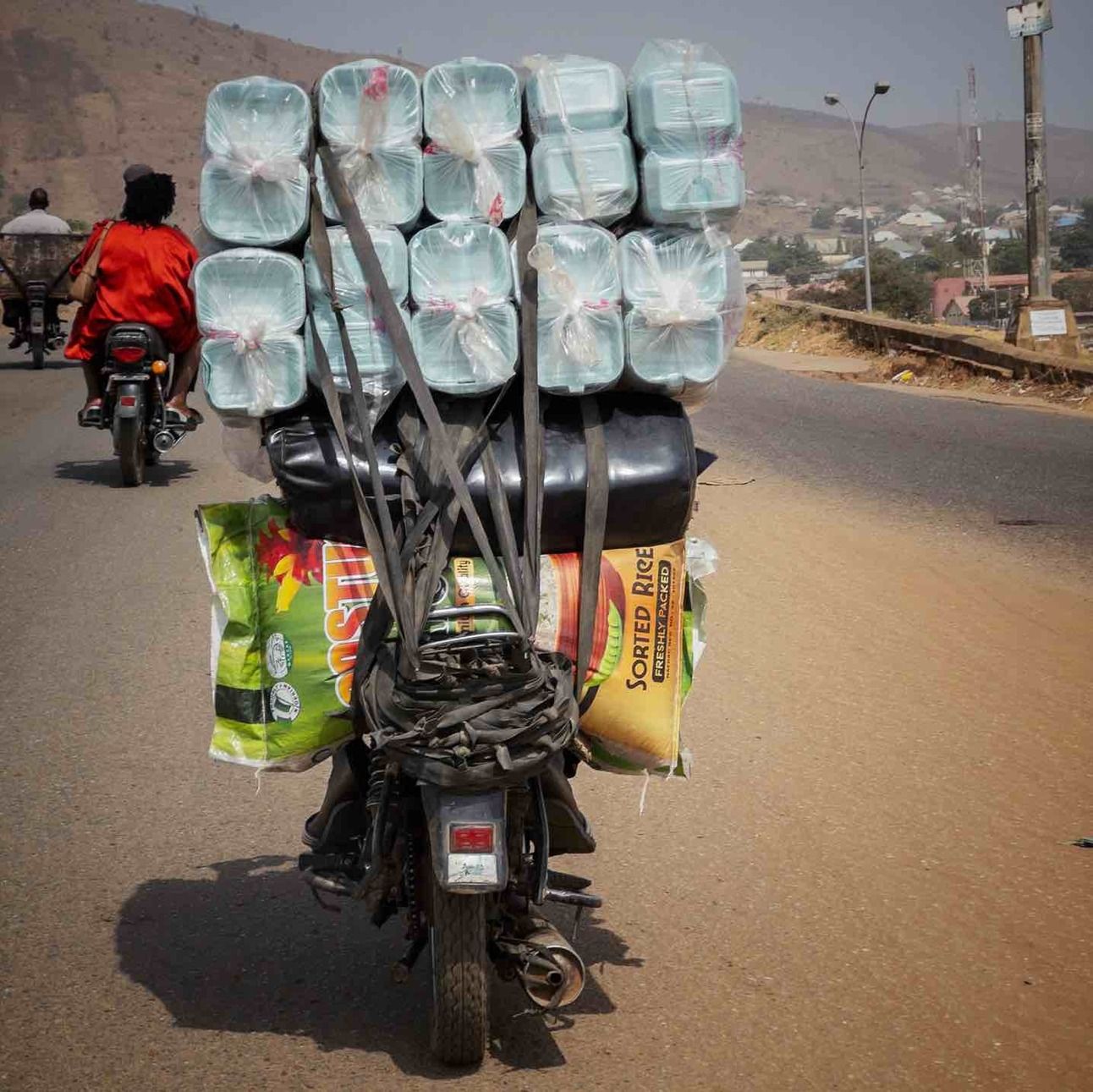Welcome to this week's first edition of 234Digest. As we kick off, I'm thrilled to extend a warm welcome to one of our newest subscribers—a VIP from Voice of America in Washington, D.C. Your interest in our newsletter is both an honour and an encouragement as we continue our mission.
I'd like to remind our readers that 234Digest is scheduled for publication thrice a week, including a Sunday Special edition. This Sunday feature delves into a major news item, exploring Nigeria's vibrant creative and cultural sector—from film and fashion to music, tourism, arts, culture, and media. While I missed this week's Sunday edition, I’m committed to bringing you this enriching content in future issues.
As your curator and editor, I remain dedicated to balancing the freedom of independent journalism with the discipline required for consistency and quality. In this edition, we explore Nigeria's ongoing economic balancing act: from a significant rice shipment addressing food security to China's continued infrastructure investments.
These stories reflect the complexities of our nation's progress amid challenges. Thank you for being part of this journey as we strive to provide insightful, unbiased coverage of Nigeria's economic landscape, business environment, and cultural shifts.
Let's dive in.
— Samuel Okocha, Curator and Editor
Word for word
"Nigeria has been working hard to find solutions to broaden and strengthen its food supply accessibility."
Today’s briefs
Rice shipment docks as food costs climb
Nigeria has received its first brown rice shipment in a decade, a 32,000-ton consignment from Thailand, as the government grapples with soaring food prices. The arrival in Lagos, facilitated by logistics firm DUCAT, follows Nigeria's implementation of a tariff moratorium on key food crops. Despite the duty waiver, purchases have been limited, with concerns about impacts on local producers.
China bankrolls Nigerian railway
As Nigeria deals with food imports, it also continues to expand its infrastructure. China Development Bank has released a $254.76 million loan for a railway project linking the northern states of Kano and Kaduna. The 203-kilometer standard-gauge railway, part of China's Belt and Road Initiative, is expected to cost $973 million. Once completed, it will provide direct rail connectivity between Kano and Abuja, offering a safer and more efficient transportation option.
Diplomatic dance
These developments come as Chinese Foreign Minister Wang Yi concluded his four-nation African tour with a visit to Nigeria last Thursday. During his visit, Wang held talks with President Bola Tinubu and Foreign Minister Yusuf Tuggar. The visit, part of Wang's annual New Year tour of Africa, aimed to strengthen bilateral ties and implement outcomes from the recent Forum on China-Africa Cooperation (FOCAC) Summit.
Security woes continue
Meanwhile, security remains a pressing issue. Jihadists killed at least 40 farmers in northeastern Borno state, highlighting persistent security challenges. The attack, attributed to the Islamic State West Africa Province (ISWAP), occurred near Lake Chad, a known militant hideout. The state government has ordered troops to eliminate insurgent elements in the area.
Football: New coach, new tactics
In the world of sports, Nigeria's new football coach, Eric Chelle, has promised an attacking style to secure qualification for the 2026 World Cup. The 47-year-old's two-year contract hinges on guiding the Super Eagles to the tournament, following their failure to qualify for the last edition.
Quote of the day
"Don't watch the clock; do what it does. Keep going." — Sam Levenson
Photo of the day

Feeding the city, one ride at a time: A commercial motorbike navigates through traffic on a major thoroughfare connecting Abuja's periphery to its urban center. The rider, precariously positioned amidst his cargo, balances a towering stack of disposable food containers atop a sack of rice. This improvised delivery method exemplifies the ingenuity and resilience characteristic of Nigeria's informal economy, where two-wheeled couriers serve as vital links in the capital's food supply chain. Photographer: Samuel Okocha/234Digest
As we wrap up this edition of 234Digest, I’d like to extend my heartfelt thanks to our readers for your continued support and engagement. Your interest and feedback are invaluable as we strive to provide insightful, unbiased coverage of Nigeria's economic landscape, business environment, and cultural shifts.
Remember, 234Digest is here to keep you updated with three editions each week, including an in-depth Sunday Special that delves into the vibrant creative and cultural sector of Nigeria. We look forward to bringing you more enriching content in the coming weeks.
New here? Subscribe to receive the newsletter straight into your inbox as soon as it drops. Until next time, have a great and blessed week ahead.

